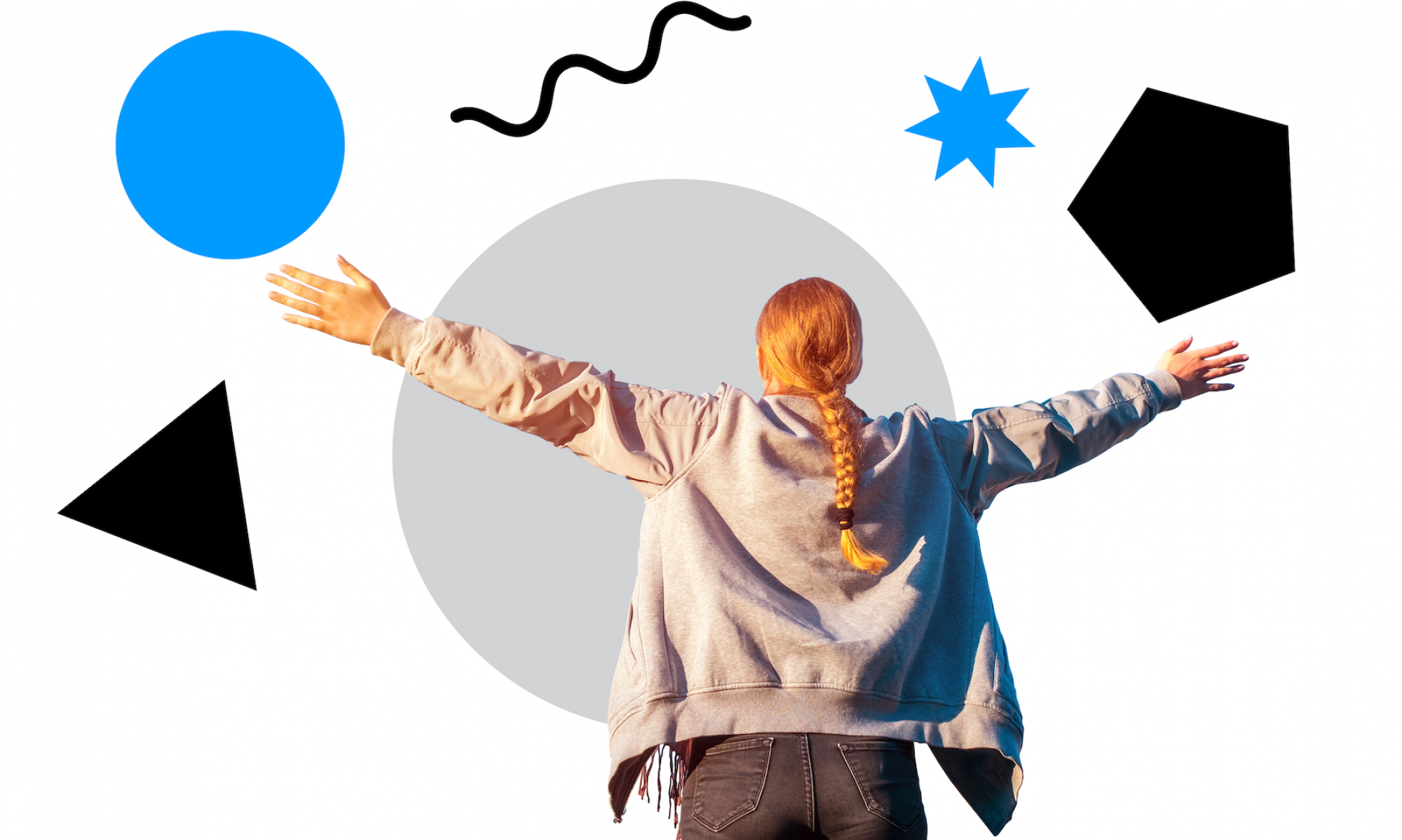A warm welcome to the midpoint meeting on November 4th at 14 – 16!
Working groups producing teaching materials for the upcoming new Sustainability Course at the University of Helsinki present their proposals for the Table of Contents of different course modules. Meeting is open for all University of Helsinki staff members and students. The midpoint meeting’s materials will be uploaded here including more specific schedule, table of contents drafts and feedback e-form.
We also encourage university community to peer-review table of contents of course modules via e-form to be opened soon!
Midpoint Meeting of the University of Helsinki Sustainability Course working groups
Wed 4.11.2020 at 14:00-15:00 in Zoom
https://helsinki.zoom.us/j/62669800023?pwd=aEExVFN4NkQ2R2pVNSs3cmtKa2Jpdz09
(meeting ID: 626 6980 0023, Passcode: 088997)
Welcome to join the seminar to hear their ideas, give feedback and point out possible overlaps and gaps from the material in progress in these working groups:
- 1 INTRO: Sustainability as a concept, the complexity of sustainability challenges, and systemic approach
- 2: Solutions: Solutions to sustainability challenges the roles of students in solving sustainability challenges as future experts, individuals and as members of society. Designing the sustainability project.Thematic modules (perspectives, ongoing changes, processes, phenomenon and solutions)
- 3A: Global environmental commons
- 3B: Human well-being and capabilities
- 3C: Sustainable and just economies
- 3D: Sustainable food systems and healthy nutrition
- 3E: Energy decarbonisation with universal access
- 3F: Urban and peri-urban development
Tervetuloa / Welcome / Välkommen!

